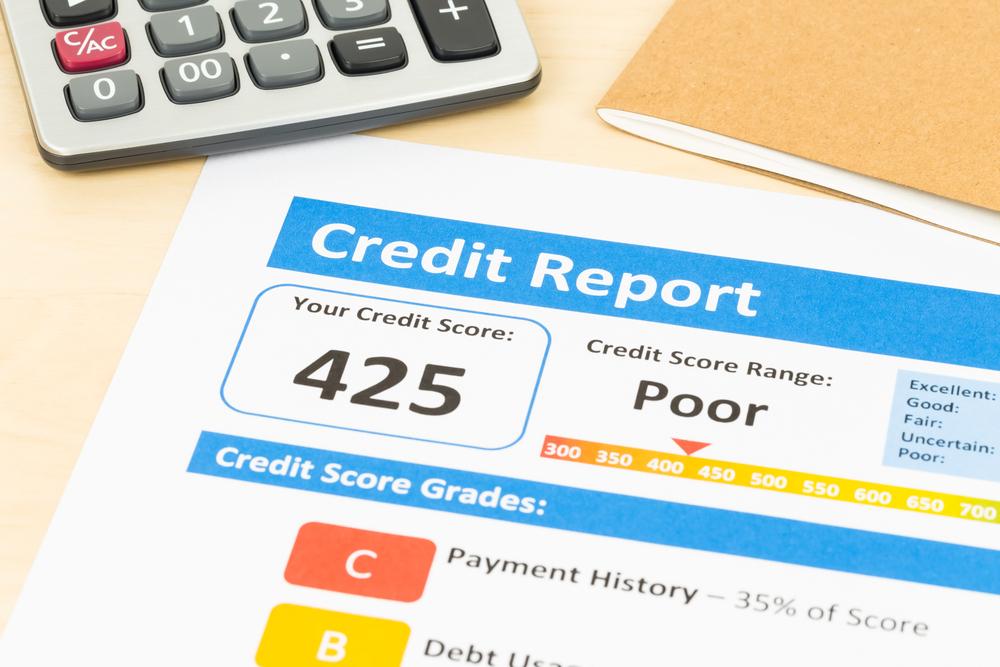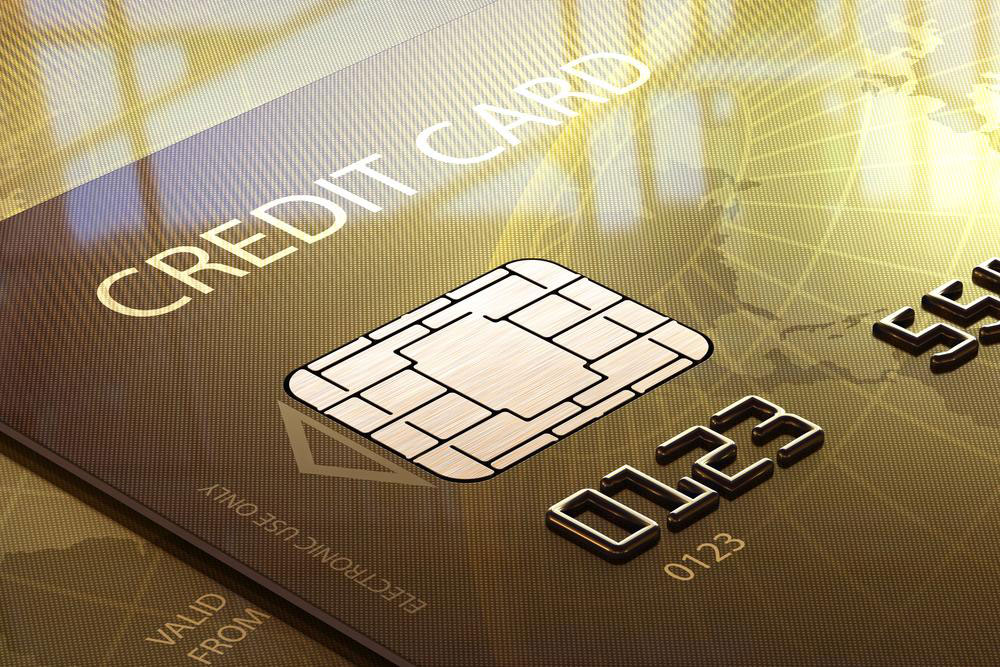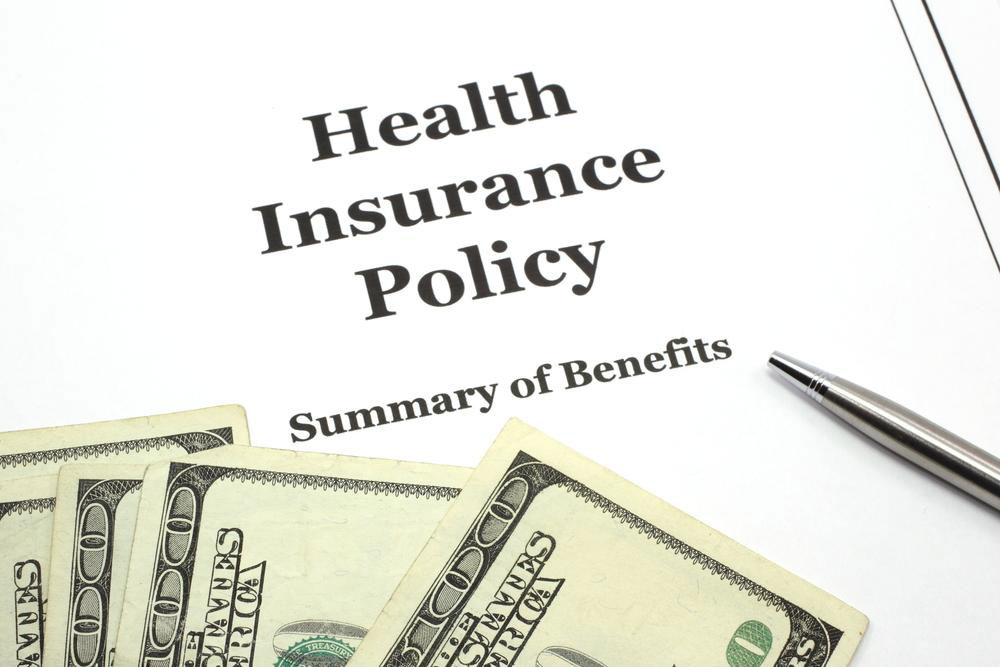Effective Strategies for Improving Your Credit Score
Learn practical strategies to rebuild and improve your credit score, including choosing the right credit cards, managing payments responsibly, and monitoring progress. Whether starting with secured cards or maintaining good habits, these tips can help you advance toward better financial health over time.

Effective Strategies for Improving Your Credit Score
Many individuals face challenges with poor credit histories, which can stem from reasons like bankruptcy, foreclosure, or missed payments on loans or bills. A low credit score can impact various aspects of life, including mortgage approvals, rental applications, cell phone plans, and employment opportunities. Although rebuilding credit can seem difficult, there are methods to secure credit cards even with less-than-perfect credit scores. Responsible use and strategic choices can help improve your financial profile over time.
One way to enhance your credit profile is by acquiring the right type of card.
Unsecured credit cards: These are standard credit cards that don’t require a security deposit. They are based on mutual trust, with credit limits and interest rates determined by your income, employment status, and credit history. While qualifying with bad credit can be challenging, it remains possible, especially with improved financial habits. Such cards often come with higher interest rates and additional fees, but they offer a pathway to better credit management and future borrowing opportunities.
Another popular option is secured credit cards.
Secured credit cards: These require an initial cash deposit that functions as collateral, setting your credit limit. The deposit minimizes lender risk and ensures accountability. All transactions are reported to major credit bureaus—Equifax, Experian, and TransUnion—allowing you to build or rebuild your credit by making timely payments. Responsible use can eventually lead to qualifying for unsecured cards with better terms, helping you escape the cycle of poor credit.
Building credit with secured cards demands discipline and ongoing effort. Here are some helpful tips:
Utilize the card for small purchases regularly to demonstrate activity.
Always pay bills on time, including utilities and rent, to avoid negative marks.
Maintain low credit utilization by paying off balances quickly.
Avoid opening multiple new accounts simultaneously to prevent a negative impression.
Be cautious when closing accounts; managing several accounts responsibly is preferable for credit scores.
When selecting a credit card for bad credit, consider factors like:
Security deposit requirements and whether the deposit amount aligns with your financial situation.
Interest rates and potential interest paid on deposits.
Qualification ease and initial credit limits.
Whether the issuer reports to all major credit bureaus.
Annual fees and interest rates (APR).
Regularly monitoring your credit score through free reports from AnnualCreditReport.com can help track progress. With diligent use, responsible credit management can lead to significant credit improvement over time.










